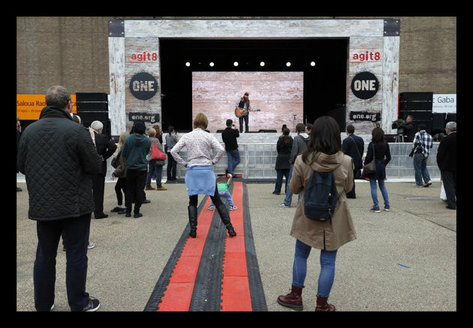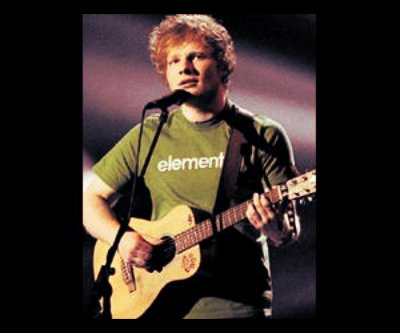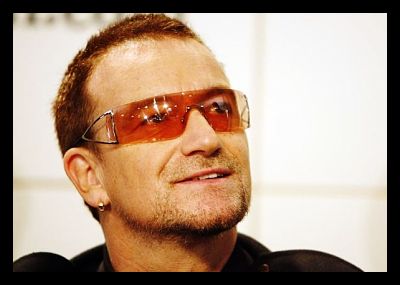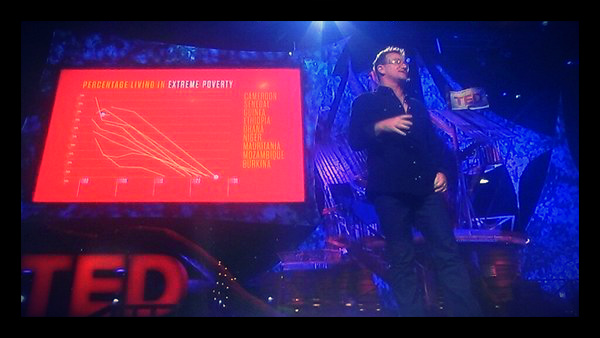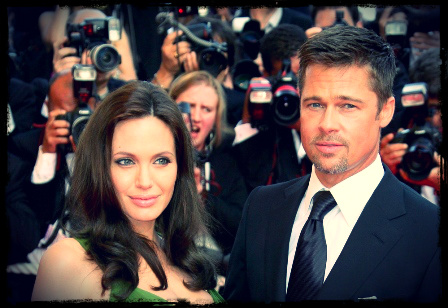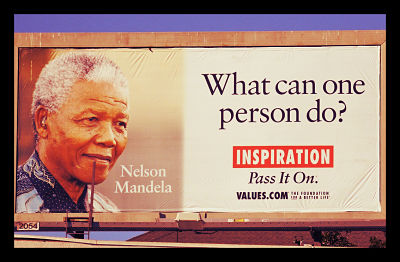
Some of the United Kingdom’s most popular musicians — the boy band, One Direction, and the solo heartthrob, Ed Sheeran — have joined the fight against global poverty. Both recorded sessions in support of the ONE campaign, an initiative that is striving to eliminate all significant fiscal inequities by 2030.
Although they just recently joined the ONE initiative, One Direction is not unfamiliar with charity and advocacy. Earlier this year, the band toured Ghana to record a single and raise money for the annual British philanthropic event “Red Nose Day.” Moreover, the band has offered to pledge over $319,000 from their upcoming tour in order to support cancer research. Tellingly, ONE’s collaboration with One Direction seems to be fitting not only in namesake, but also in the capacity of goals and hopes.
In the contemporary developing world, ONE has enacted major positive change on a global scale. The organization, comprised of over three million employees, campaigners, and advocates, has been working relentlessly to eliminate extreme poverty and preventable disease in Africa. Co-founded by Bono, the organization raises political awareness about critical illnesses like AIDS, whilst also investing significantly in nutritional and agricultural programs.
Due to the success of ONE’s programs, over 7.5 million people have been given access to life-saving medication in Africa, a prodigious increase from just 50,000 recipients in 2002. Instances of malaria have seen a 75 percent reduction since 2000. Furthermore, in the past 13 years, 51 million more children have access to primary school across sub-Saharan Africa, an increase that is unprecedented in the continent’s history.
Furthermore, ONE has collaborated with a wide-range of African activists and policymakers in order to shape an auspicious future. In working closely with these African leaders, the organization attempts to effectively eliminate corruption and aid misuse, helping to form a democratic and just society in which all, regardless of class or racial backgrounds, are protected and secure.
In light of its successes, ONE is not a grant-making organization and does not receive government or public donations. The organization maintains its funding through select philanthropists and organizations. Thus, advocacy, rather than fundraising, is key—ONE strives to educate the public of the fatal repercussions of rampant global poverty, inspiring a new generation of change.
With some of pop music’s most recognized faces leading the campaign, ONE is sure to receive an influx of attention in the coming weeks, which could, in turn, change the face of Africa.
– Anna Purcell
Sources: ONE, AND POP
Photo: Daily Billboard Blog

